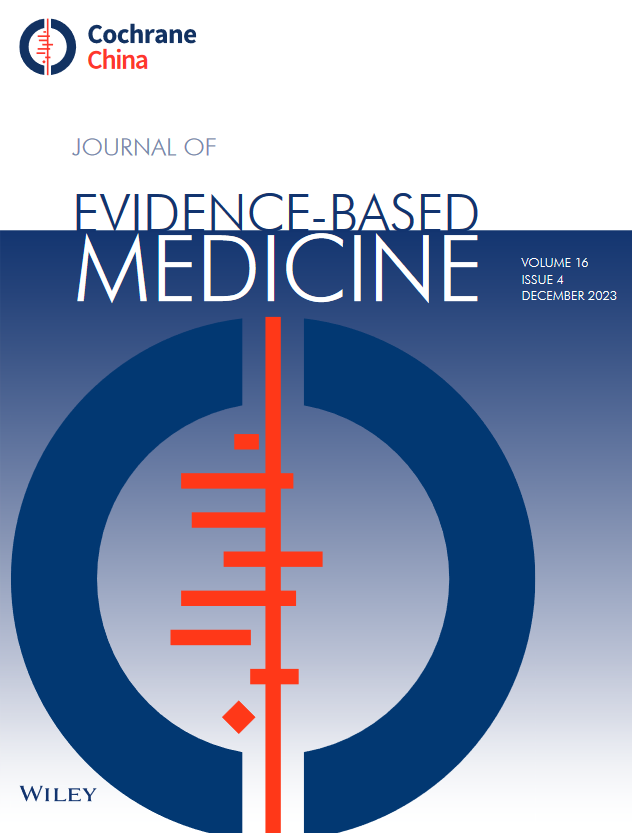Developing the Artificial Intelligence Method and System for “Multiple Diseases Holistic Differentiation” in Traditional Chinese Medicine and Its Interpretability to Clinical Decision
Abstract
Aim
The development of artificial intelligence (AI) for traditional Chinese medicine (TCM) has played an important role in clinical decision-making, mainly reflected in the intersectionality and variability of symptoms, syndromes, and patterns for TCM multiple diseases holistic differentiation (MDHD). This study aimed to develop a TCM AI method and system for clinical decisions more transparent with explainable structural framework.
Methods
This study developed the TCM syndrome elements integration with priori rule and deep learning (TCM-SEI-RD) method and TCM-MDHD system by high-quality expert knowledge datasets, to predict various TCM syndromes and patterns in hierarchical modules. TCM-BERT-CNN model fused the BERT with CNN model capture feature-related sequence, as the benchmark model in the TCM-SEI-RD method, to improve the performance of predicting TCM syndrome elements. The framework of the TCM-MDHD system involved the TCM-SEI-RD method and TCM “diseases—syndromes—patterns” benchmark sequences, to provide distributed results with credibility.
Results
For predicting results to the overall TCM syndrome elements, the TCM-SEI-RD achieves 95.4%, 94.43%, and 94.89% in precision, recall, and F1 score, respectively, and 3.33%, 2.28%, and 2.81% improvement over the benchmark model. TCM-MDHD system demonstrates credibility grading at each stage in various diseases and uses the practical example to illustrate the process of distributed decision-making results and transparency with credibility.
Conclusions
Our method and system, as the general AI technologies for TCM syndromes and patterns diagnosis in multiple diseases, can provide the clinical diagnostic basis with the best performance for the TCM preparations rational use, and distribute interpretability to the clinical decision-making process.

 求助内容:
求助内容: 应助结果提醒方式:
应助结果提醒方式:


